Back when Boris Johnson was on a mission to stop identity cards being used in Britain, he made a very persuasive argument: if parliament allows such expensive technology to come into existence, then the government will cook up excuses to use it. They will start to ‘scarify the population’ by saying there is a threat or an emergency. If they sink millions into an ID card scheme then be in no doubt: our liberty will be threatened. The slippery slope, he said, is one that the government is sure to go down.
Boris Johnson is in danger of becoming the Prime Minister he once warned against. At first, we were told that any vaccine identity system would be used only for foreign travel. ‘I certainly am not planning to introduce any vaccine passports, and I don’t know anyone else in government who is,’ Michael Gove said in December. ‘What I don’t think we will have in this country is — as it were — vaccination passports to allow you to go to, say, the pub or something like that,’ the Prime Minister assured us in February.
Now he suddenly tells us that people visiting nightclubs or other large venues from September will, after all, be required to show proof of their vaccination status. It seems a negative test will not even be sufficient: a new vaccine-only card will deny the unjabbed access to clubs and other events. He also did not rule out using this technology for pubs and restaurants — and no one should be surprised if the discussion then turns to shops, airports and public transport. Nor should anyone be surprised if all this is done using emergency powers, with no parliamentary vote.
For many Britons, the government’s change of heart is not a problem: one poll this week suggested that two thirds of us are in favour of vaccine passports for nightclubs. But it is also possible that some of these people have not thought through the implications. Relatively few Britons visit nightclubs, yet if this new technology is extended more widely it will mean that the freedom to go where you please is no longer a right, but a privilege to be granted by the government on certain behavioural conditions.
You do not have to sympathise with the arguments of anti-vaxxers to see the iniquity of this. After all, only a small proportion of people refusing the vaccine say they have a general antipathy to vaccines. Most are either worried about potential side effects — or, like many young people, aren’t sure why they should take it if they have recovered from Covid and test positive for antibodies.
The wide disparity in vaccine uptake between ethnic minorities will inevitably lead to — quite justified — accusations of discrimination. This is due to complex reasons (including faith in the authorities) and while one may wish this were not the case, politics means dealing with the facts as you find them. These facts dictate that vaccine passports would ‘whiten up’ any nightclub or concert they were used in. Musicians including Eric Clapton have declared that they will not play before a ‘discriminated’ audience.
No British government has ever tried to force vaccines on the population. The issue has been dealt with in the past as it ought to be dealt with now: through persuasion, and relying on herd immunity to protect the few who cannot be persuaded. If you cannot convince people to accept a vaccine — especially in a case where it promises a return to normality after 18 months of collective misery — there is something wrong with your publicity campaign.
What, in any case, is the government hoping it might achieve by imposing vaccine certification on nightclubs and other venues? While Covid vaccines have proved highly effective at preventing serious illness, they are not as effective at preventing milder or asymptomatic cases of the disease. However thoroughly you check people’s vaccine certification before allowing them into your nightclub, there is no guarantee that you would not be waving through people who are infectious.
Johnson was right the first time. Once electronic ID is established as part of everyday life, there will be no getting rid of it. These products will be pushed relentlessly, obliging us to prove our health (perhaps flu jab) status, creditworthiness, our lack (or otherwise) of criminal convictions and many things besides. Vaccine certification might be pushed as an emergency measure to combat Covid now, but reasons will soon be found to keep such a system in operation.
Why can’t the man who once promised to eat his ID card if a UK government ever forced one upon him not see where vaccination passports will inevitably lead? Johnson was always destined, perhaps, to be a different man as Prime Minister than the one he was as a journalist, yet still it is astounding how flexible his values have proven to be.
Dominic Cummings, his former adviser, described again this week how the Prime Minister had been deeply reluctant to lock down and felt outmanoeuvred by those around him. If these instincts remain, why does he still find it so hard to match them with policy? Before becoming Prime Minister, Johnson was the most eloquent and passionate defender of basic liberal values — in this magazine and elsewhere. It would be tragic if the principles he espoused, which led this country to elect him as Prime Minister, turned out to be part of a false prospectus.
Got something to add? Join the discussion and comment below.
Get 10 issues for just $10
Subscribe to The Spectator Australia today for the next 10 magazine issues, plus full online access, for just $10.
You might disagree with half of it, but you’ll enjoy reading all of it. Try your first month for free, then just $2 a week for the remainder of your first year.

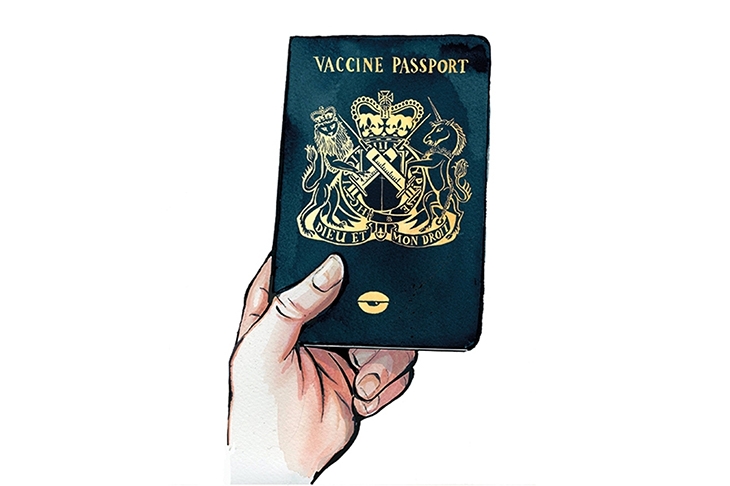
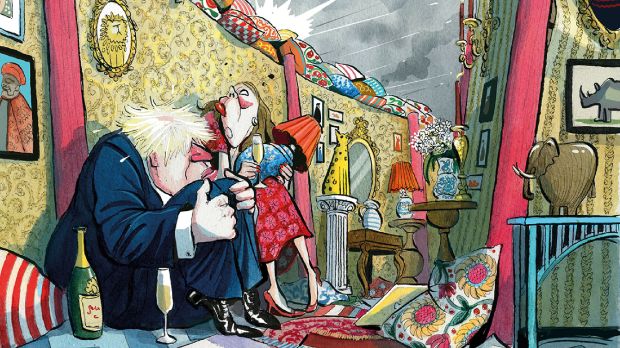
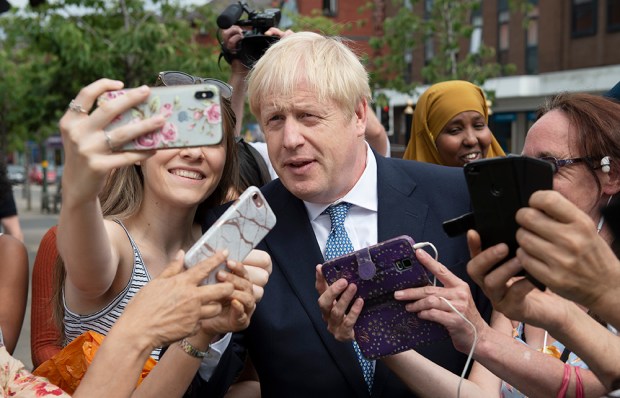
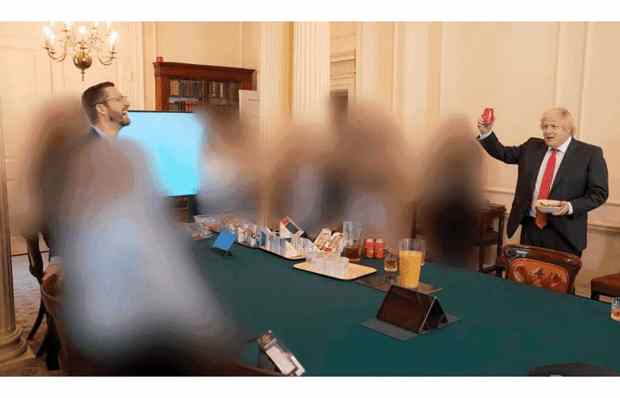


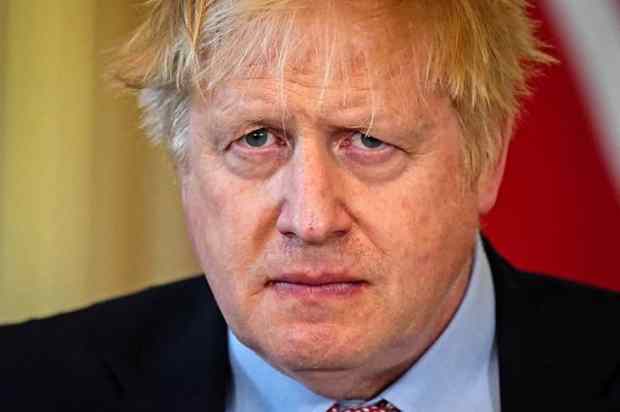






Comments
Don't miss out
Join the conversation with other Spectator Australia readers. Subscribe to leave a comment.
SUBSCRIBEAlready a subscriber? Log in